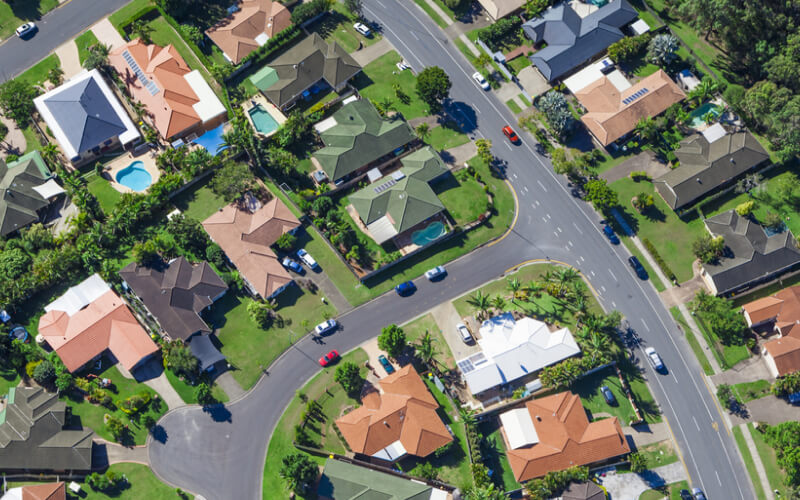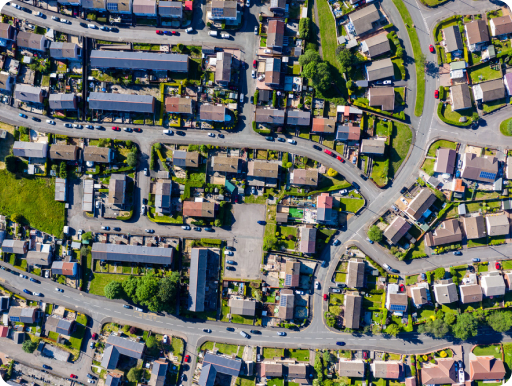Moving house can be a stressful time, with so many things to organise and think about. One of the most important tasks is arranging the utility connections for your new home. In Australia, there are many providers to choose from for your energy connection and gas plans, and it’s important to find one that meets your needs and budget. In this article, we’ll be covering everything you need to know for a hassle-free relocation.
Importance of Setting Up Utilities Early When Moving
Moving into a new home is an exciting time, but it can also be a bit hectic. One thing that you definitely don’t want to forget is setting up your utilities – like electricity, gas, and water – as soon as possible.
Why is it so important to get started early? Well, some utility providers can take a while to set up your account. It could take a few business days or even weeks, to get everything up and running. And let’s face it, you don’t want to be living in your new home without any electricity or water, do you?
So, as soon as you know your move-in date, start reaching out to the relevant service providers to get things moving. Don’t leave it until the last minute – you’ll have enough on your plate already. Plus, getting your utilities set up early means you can focus on other important things, like decorating your new space or exploring your new neighbourhood.
Alright, on to everything you need to know about connecting your utilities!
1. Make a List
First things first, it’s important to get organised with a list – who doesn’t love a good list? Start jotting down all the utilities you need to set up, as well as your regular Australian providers (which may change – but we’ll get to that!) This will help you keep track of what you’ve done and what you still need to do. You can also use this list to budget your expenses and make sure you have enough money to cover all the necessary costs.
2. Connect the Essentials First: Electricity, Gas & Water
When you move into a new property, you’ll need to arrange for an electricity connection and a gas connection if you use natural gas. You can choose to stick with your current energy plan as an existing customer or choose a new energy provider/retailer. However, you’ll need to give your current energy provider a few days’ notice before disconnection. Many energy providers offer fact sheets and FAQs to help you understand the process and choose the right plan for your new home.
Electricity & Gas: To make sure you can cook up a storm and stay warm, you’ll need to set up your electricity and gas services. Luckily, most energy providers offer both gas and electricity, so it should be easy to get everything up and running.
But before you jump in, it’s important to note that not all homes require gas. Some homes have electric stoves and ovens, or even fancy induction cooktops. So, take a moment to think about what services you need in your new place before you get in touch with an energy retailer. Once you’ve figured out what services you need, you can start the process of setting up your account with an energy provider. This usually involves giving them your personal details and the new address of your home.
If you have solar panels at your old home, you may be able to transfer your feed-in tariff to your new provider. And if you’re interested in renewable energy, many energy providers offer green plans and options for solar panels or other renewable sources.
Water: If you’re a first-time buyer, you might be wondering about your responsibilities when it comes to a new account for water services. Unlike when living in a rental property, property owners are responsible for their water bills, but don’t worry – the water board usually won’t turn off the water supply when a property is sold.
To make sure you’re not left with any unpaid bills from the previous owner, your conveyancer will contact the council to register your name and make sure the seller pays their fair share up until the day you become the new legal owner.
If you have any questions or concerns about your water services, don’t hesitate to speak with your conveyancer. They can help you understand any expenses that should have been paid by the previous owner, or refer you to the local council if you have questions about the service itself.
3. Connect Your Other Utilities (Internet, Phone)
Now that you’re settling in, it’s time to get your internet sorted. With so many providers and plan options out there, it can be overwhelming to choose the right one for you. But don’t worry, we’ve got you covered.
To find the plan that’s perfect for your needs, take a moment to think about how many people will be using the internet in your new home and what they’ll be using it for. Do you have a big family that loves to stream movies and play online games? Or is it just you, needing to check emails and browse the web? These factors will help you determine what internet speeds and data allowances you need.
You may also need to arrange for an NBN connection for your internet and phone services. Many retailers offer new customer and account holder deals and bundles for multiple services, so it’s worth shopping around to find the best deal for your needs.
Once you have a good idea of what you’re looking for, it’s time to start shopping around. Different providers offer different plans with varying benefits and prices, so make sure you compare your options before making a decision. You might even be able to bundle your internet with other services like TV or phone to save some money.
Speaking of phones, don’t forget to set up your phone plan as well! Many providers offer bundle deals with internet and phone services, whether that’s a landline connection or even a great mobile phone deal.
Shop Around for Good Deals
Moving to a new house is not just about packing boxes and lifting heavy furniture. It can also be a great opportunity to save money on your utility bills. As a new customer, you have the freedom to shop around and compare deals and prices from different providers.
You might be wondering, how can I get a good deal on my power bill? Well, one option is to talk to your current provider about your move. They may be willing to offer you a better rate as a way to keep your business. But make sure you still take the time to compare deals and find the best one for you.
By doing some research, you might be surprised at the different rates and packages available. You could even negotiate a better deal for yourself and save some money in the process. Just imagine what you could do with that extra cash – treat yourself to a fancy dinner or put it towards your mortgage repayments.
Overall, arranging your utility connections when moving house is an important task that requires some planning and research. But with the right provider and plan, you can enjoy a smooth transition to your new home and power supply.
How a Conveyancer Can Make Your Move Stress-Free
Congratulations, you’re almost ready to move into your new home! But before you start packing, it’s important to consider all the legal and administrative aspects of relocating. That’s where a conveyancer can help!
A conveyancer can assist you with the legal process of buying or selling property, ensuring that all necessary documents are signed, filed, and in order. They can also provide valuable advice and guidance on utilities and services, such as water, gas, electricity, and internet, that need to be set up for your new home.
By working with a conveyancer, you can have peace of mind knowing that you’re in good hands. They can help take the stress out of the legal and administrative side of relocating, leaving you more time and energy to focus on making your new house feel like a home. So, don’t hesitate to reach out to a conveyancer for all your relocating needs.
Get a free conveyancing quote
Obligation free quote for home and land conveyancing
Read More












